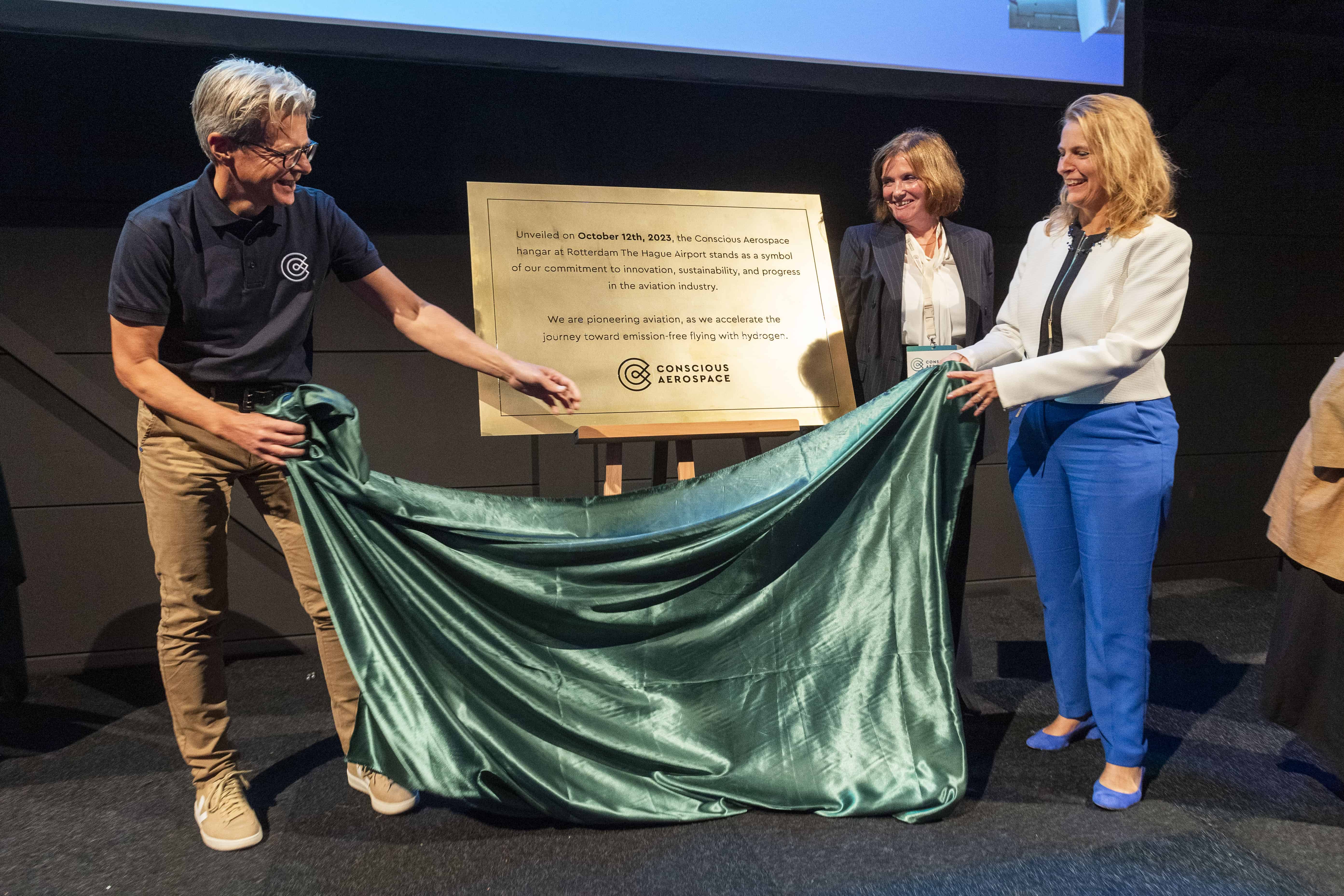
Erasmus Medical Center Rotterdam is set to lead a transformative European genomic research project, the Genome of Europe, with €20 million in funding from the European Commission. This pioneering initiative, orchestrated by Professor André Uitterlinden, aims to compile a vast database of DNA variations from citizens across all European nations and key ancestral countries. The project brings together 200 researchers from 51 institutes across 29 countries to analyze the genomes of 100,000 Europeans by 2028, laying the groundwork for advancements in disease prevention, diagnosis, and personalized healthcare.
Why this is important
Genetic research helps us understand more about various kinds of genetic diseases and their predisposition across population groups, paving the way for better care options.
The Genome of Europe project marks a significant step in genetic research within the European Union. With a total budget of €45 million, €25 which comes from participating countries, this initiative is positioned to unlock new insights into the complex interplay of genetics in various diseases. The DNA database will be instrumental for researchers aiming to understand genetic predispositions that vary across population groups, such as lactose intolerance and hereditary diseases like sickle cell or type II diabetes.
A pan-European collaboration
The project not only leverages the diverse genetic landscape of Europe but also represents a concerted effort to integrate various research techniques and local partnerships. This approach ensures a comprehensive comparison of DNA analysis techniques across the continent.
The announcement of the Genome of Europe project on DNA Day is a nod to the historical significance of genomic research, commemorating the first publication on the structure of human DNA in 1953. Erasmus MC’s participation is particularly noteworthy, with events and exhibitions highlighting the institution’s ongoing contributions to DNA research.

Enhancing healthcare through genomics
The Genome of Europe initiative is part of the broader 1+ Million Genomes (1+MG) initiative, which aims to revolutionize healthcare through personalized medicine. By creating a European data infrastructure for genomic data, the initiative will enable secure access to genomic and clinical data across the continent, facilitating more customized treatments, better diagnostics, and overall improved health conditions for EU citizens.
Challenges and progress in data sharing
Despite the enthusiasm for such an expansive genomic project, challenges remain, particularly in terms of legal frameworks and data sharing across borders. The necessity for secure and ethically compliant data sharing solutions is paramount as the project moves forward. The Genomic Data Infrastructure (GDI) project, which is part of the 1+MG initiative, plays a critical role in establishing the necessary decentralized data infrastructure.
With the expansion of the GDI to include new countries and the expected launch of the Genome of Europe project later this year, the European Commission is making significant strides towards a more integrated and innovative approach to genomic medicine. The potential benefits for patients and healthcare efficiencies are vast, with the promise of personalized healthcare becoming an increasing reality.








